The Yoruba people, one of the largest ethnic groups in West Africa, are known for their rich cultural heritage, vibrant traditions, and enduring influence across the globe. With roots in Nigeria, Benin, and Togo, Yoruba culture extends far beyond Africa through the diaspora, shaping music, religion, language, and identity in places like Brazil, Cuba, and the United States. To understand Yoruba culture is to uncover a world where history, spirituality, and community intersect.
- Language and Oral Traditions
The Yoruba language is central to identity, communication, and cultural preservation. Famous for its tonal complexity, it carries wisdom in proverbs, folktales, and poetry. Oral traditions remain vital, as elders pass down knowledge and values that shape social life and behavior.
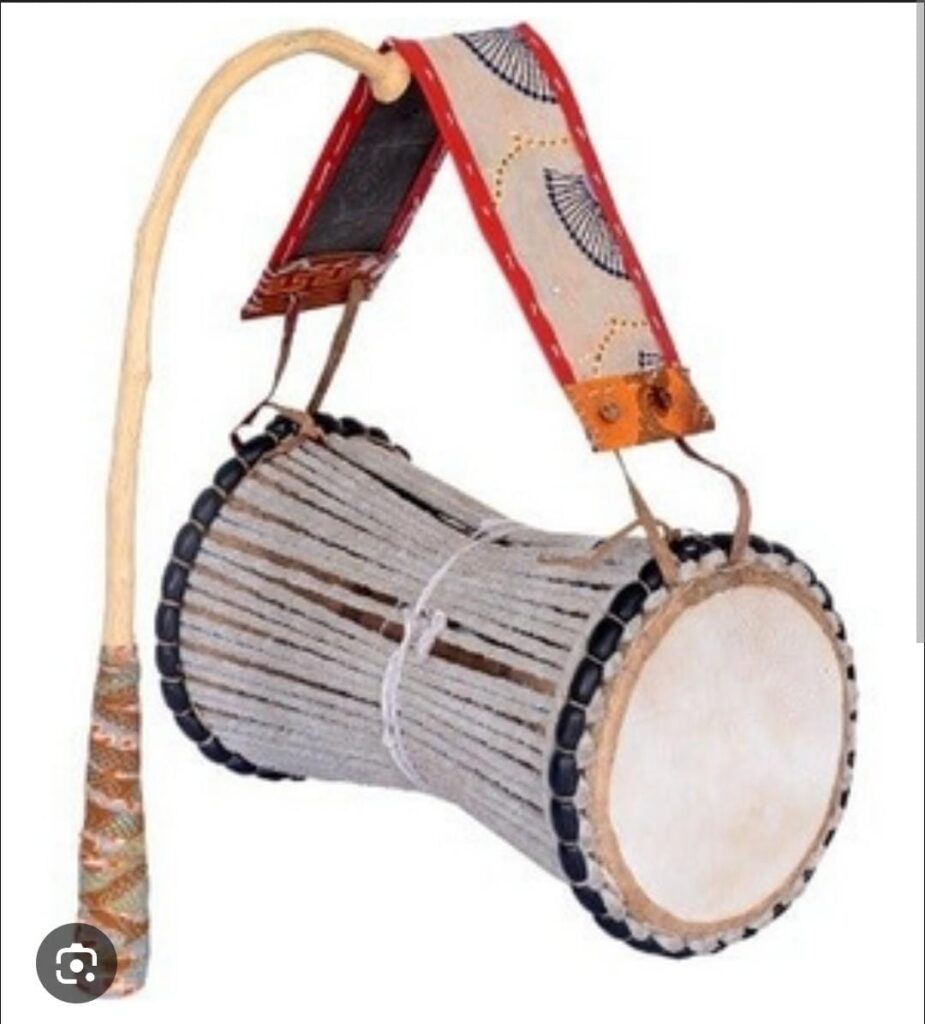
- Family and Community Life
Family is the cornerstone of Yoruba culture. Respect for elders, strong kinship ties, and collective responsibility define social interactions. Greetings.often accompanied by gestures such as kneeling (for women) or prostrating (for men)—are significant markers of respect and upbringing.
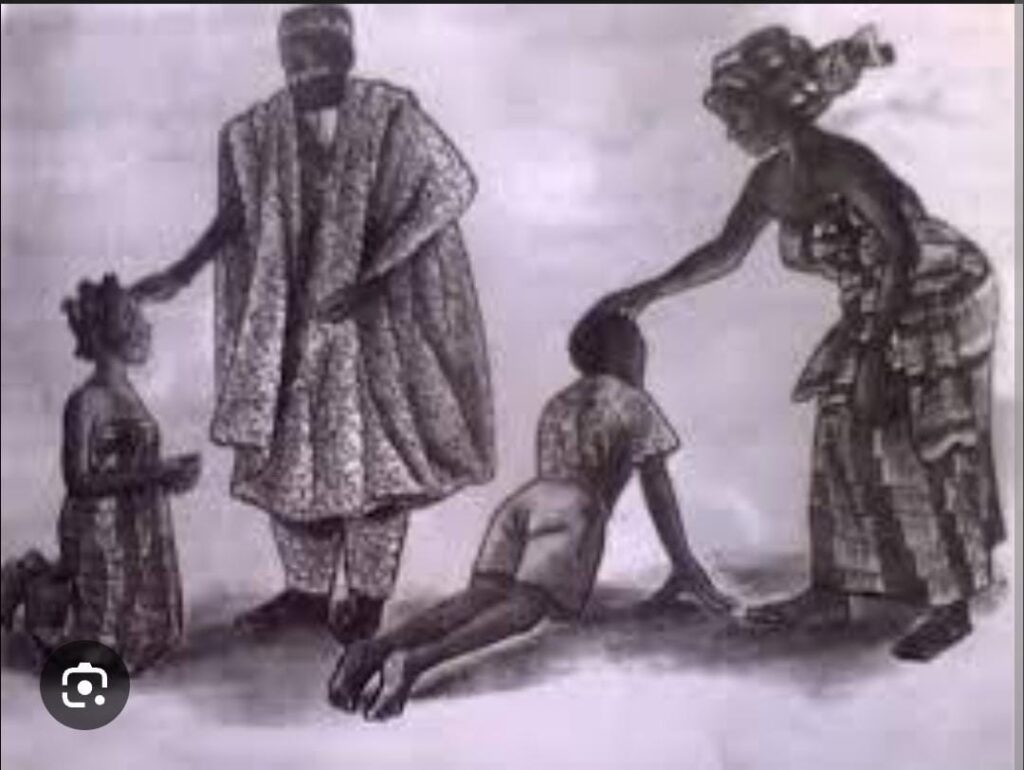
- Festivals and Celebrations
Yoruba festivals are colorful, spiritual, and deeply symbolic. The Osun-Osogbo Festival, a UNESCO-recognized cultural heritage, honors the river goddess Osun. Other celebrations, such as the Eyo Festival in Lagos, showcase music, masquerades, and vibrant costumes, drawing global attention.
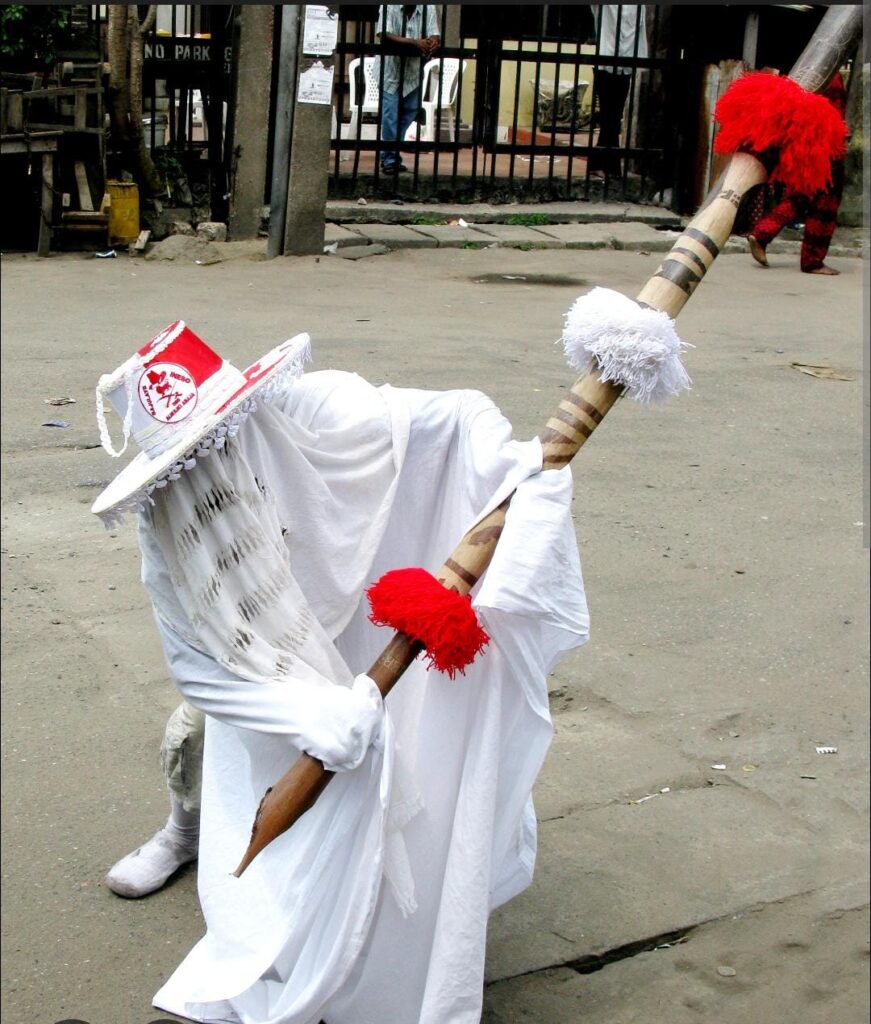
4. Arts, Music, and Dance
Yoruba art is renowned for its symbolic masks, beadwork, and carvings, often used in rituals and ceremonies. Drumming,especially with the talking drum (gangan)—is not only entertainment but also a form of communication. Dance, rhythm, and performance are integral to storytelling and spirituality.
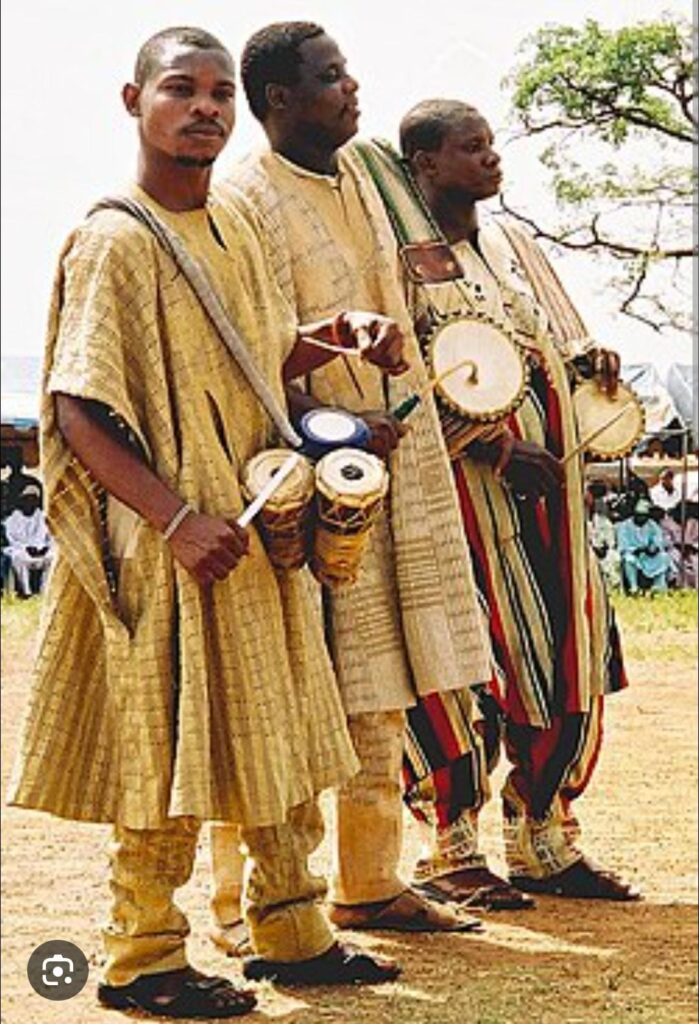
5. Naming Traditions
Names hold profound meaning in Yoruba culture. A child’s name reflects circumstances of birth, family history, or spiritual guidance. For instance, Taiwo (“the first to taste the world”) and Kehinde (“the one who came afterward”) are given to twins, who are highly revered in Yoruba society.
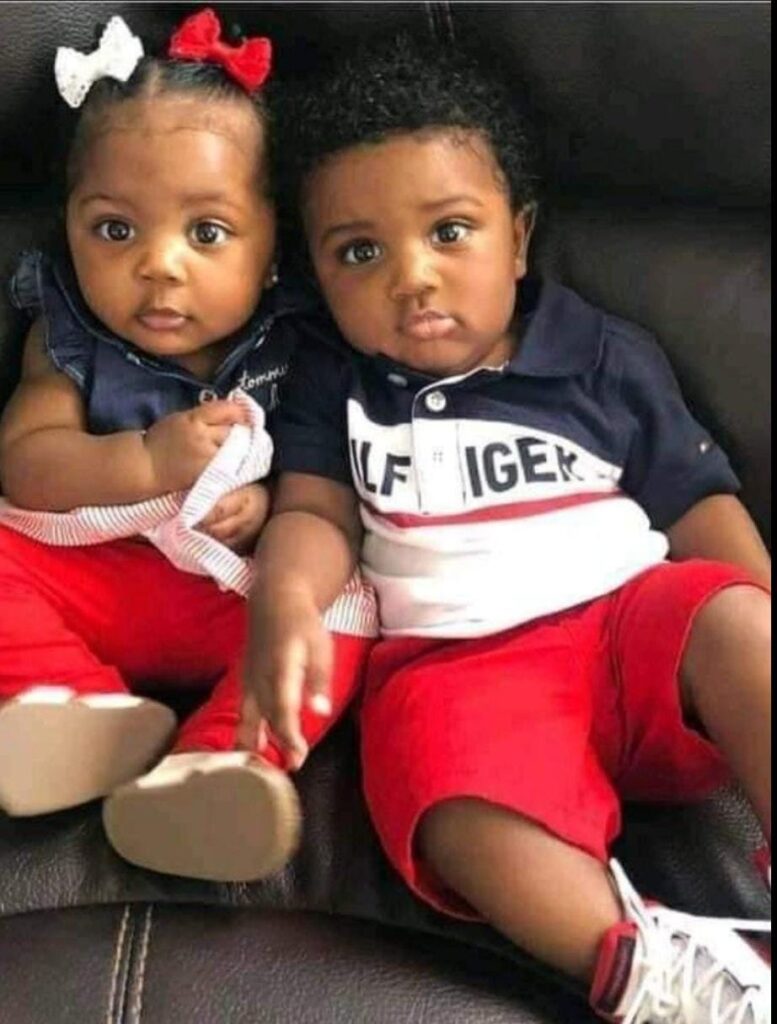
6. Dress and Adornment
Yoruba attire reflects elegance, identity, and status. Men often wear agbada (flowing robes) or buba with sokoto (trousers), while women wear iro (wrapper), buba (blouse), and gele (head tie). These outfits are made from rich fabrics like aso-oke, lace, and ankara, often reserved for celebrations.
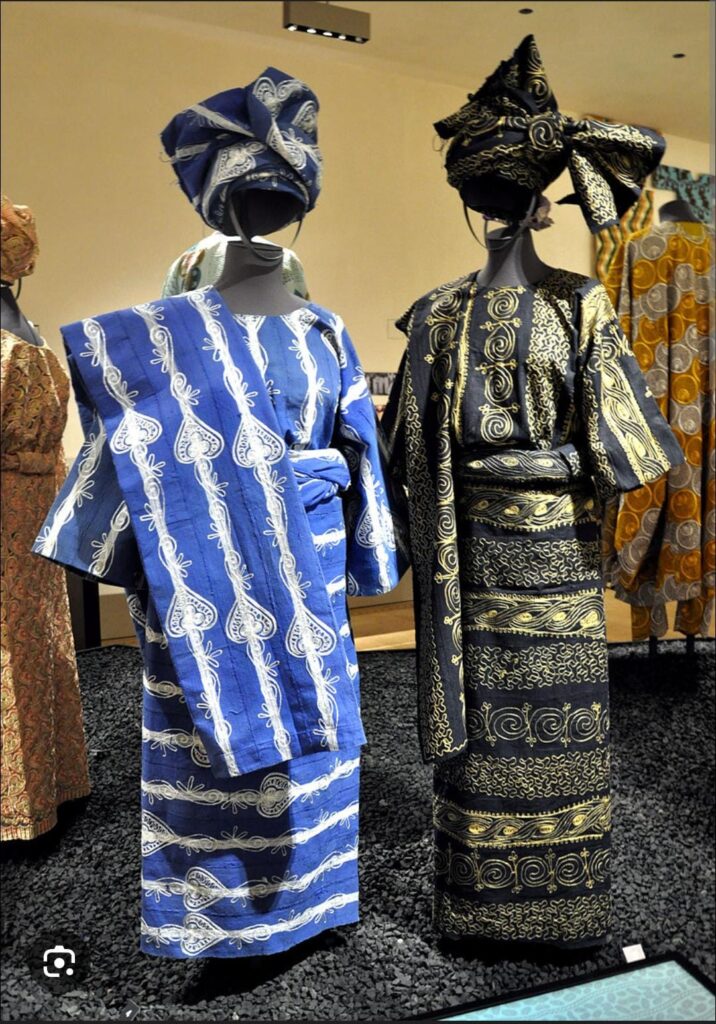
Why Yoruba Traditions Matter Today
Understanding Yoruba traditions provides a window into how history, spirituality, and community shape human experience. These customs are not relics of the past,they continue to influence global culture, from music and fashion to literature and religion. Whether in West Africa or across the diaspora, Yoruba culture remains a living, evolving legacy.

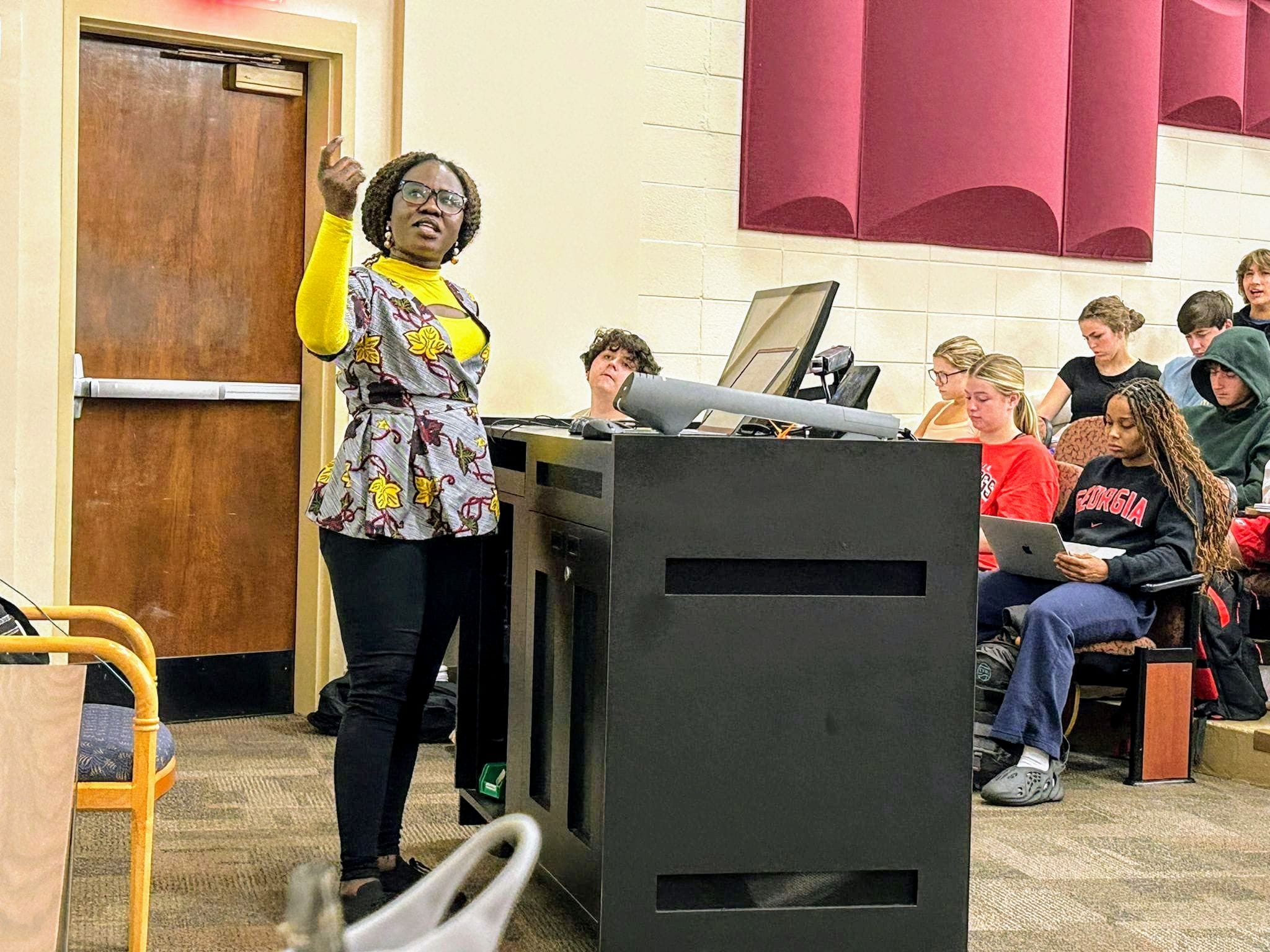
Leave a Reply